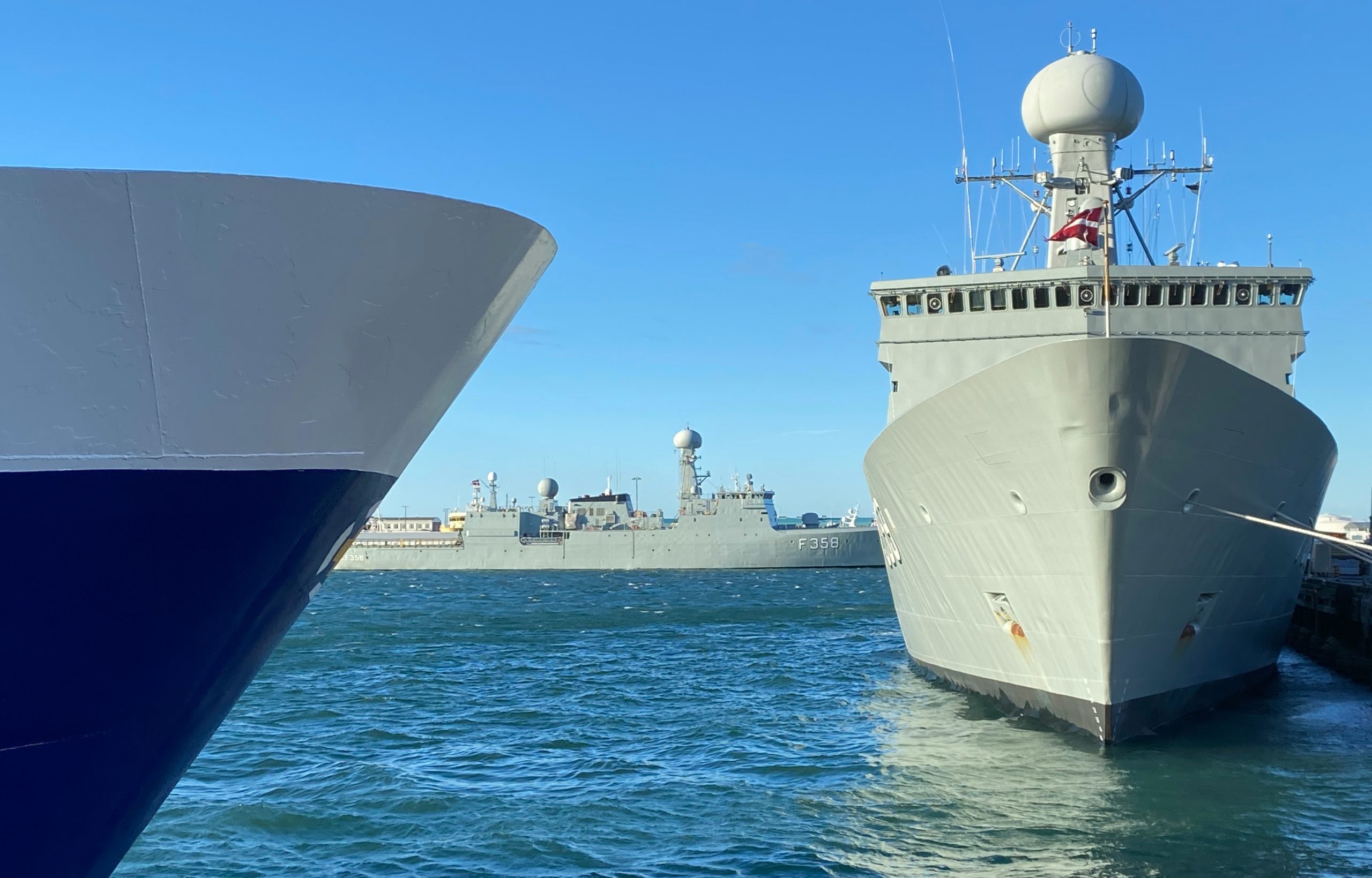Geopolitical tensions are now a defining feature of global maritime trade, increasingly driving up marine war risk premiums for vessels navigating through volatile regions.
Over the next six months, the most acute threats are expected to emerge in the Red Sea, South China Sea, and Persian Gulf — areas critical to the flow of oil, gas, metals, and agricultural commodities.
These risks are not only pushing up the cost of shipping but are also beginning to reshape global commodity pricing, availability, and trade routes.
Key Hotspots for Marine War Risk Premiums
The Red Sea remains the most urgent maritime risk corridor.
Following repeated attacks on commercial vessels by Houthi militants in response to the Israel-Gaza conflict, insurers have significantly raised premiums for ships transiting the Bab el-Mandeb Strait.
This crucial chokepoint connects the Indian Ocean to the Mediterranean via the Suez Canal and is vital for the movement of Middle Eastern oil and LNG, as well as containerised goods and dry bulk from Asia to Europe.
In the South China Sea, rising military tension between China and its neighbours — particularly over Taiwan — continues to create instability.
The region is essential for the transport of iron ore, coal, and oil to and from East Asia, especially China, Japan, and South Korea.
Should conflict escalate, insurers may impose new restrictions or additional costs for vessels using routes near disputed islands or military exercises.
The Persian Gulf also remains a flashpoint, especially given continued friction between Iran and Western powers.
Iran’s harassment of tankers and its influence over Strait of Hormuz transit — the gateway for one-fifth of global oil — has caused concern among underwriters.
Any escalation would immediately inflate war risk insurance for oil tankers and LPG carriers.
Impact on Commodity Prices and Shipping Routes
Higher insurance premiums and rerouting costs inevitably feed into commodity pricing.
Oil and LNG are especially sensitive, given that a large proportion of global energy supplies pass through the Red Sea and Strait of Hormuz.
If tensions worsen and ships are forced to bypass the Suez Canal in favour of the Cape of Good Hope, voyages can take 10–14 days longer, leading to tighter supplies in Europe and Asia and upward pressure on energy prices.
Grain shipments from the Black Sea and Indian Ocean heading to North Africa and Europe are also exposed.
Longer routes and delayed deliveries may cause temporary spikes in wheat and maize prices, especially in food-import-dependent countries like Egypt, Tunisia, and Lebanon.
Dry bulk commodities such as coal, iron ore and fertilisers could also face higher transport costs — impacting margins for Asian manufacturers and downstream industries.
Winners and Losers in Trade Realignment
Countries able to offer overland supply routes or safer maritime alternatives stand to benefit.
Brazil, for example, could capture a greater share of agricultural exports to Europe as Red Sea risks dent the competitiveness of Indian and Southeast Asian grain shipments.
Meanwhile, U.S. LNG exports to Europe may increase if supplies from Qatar or Oman become less reliable due to Persian Gulf instability.
Mexico and Canada could also benefit from their land-based proximity to U.S. markets, offering more secure access for metals and manufactured goods.
In contrast, countries heavily reliant on high-risk sea routes — such as Indonesia, the Philippines, and Gulf producers — may see reduced demand or face increased export costs.
Commodity Price Movements and Market Uncertainty
Oil prices are the most likely to be affected by any sudden surge in war risk premiums, particularly Brent crude, which is closely tied to European demand and Suez-linked supply.
Natural gas, already volatile due to weather and energy policy shifts, may face further spikes if Middle Eastern exports are interrupted.
Wheat and corn could see price jumps during peak export seasons, especially if Egypt and other major buyers face delivery delays.
Bulk metals such as copper and iron ore might experience more moderate but sustained increases due to insurance costs and rerouting inefficiencies.
